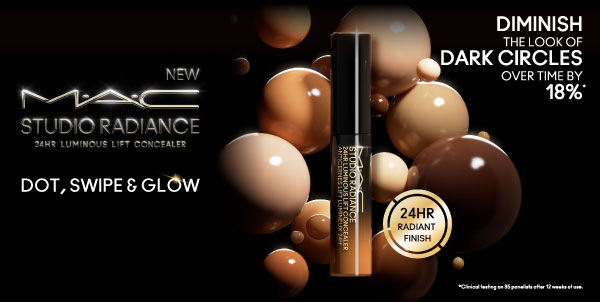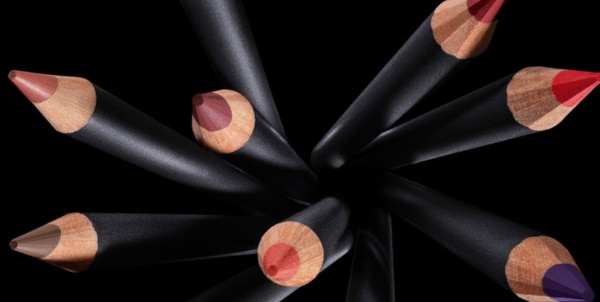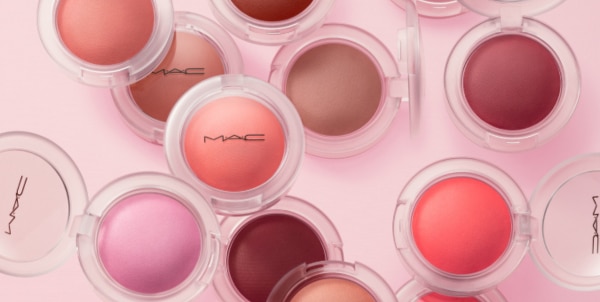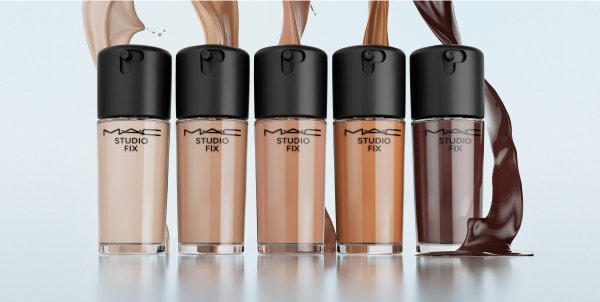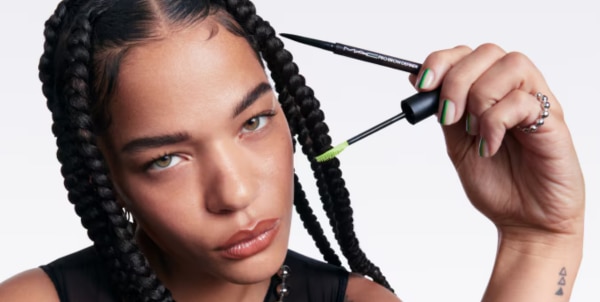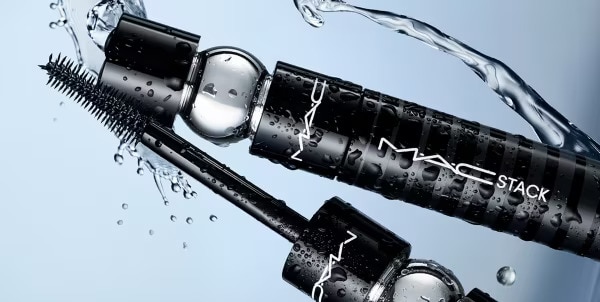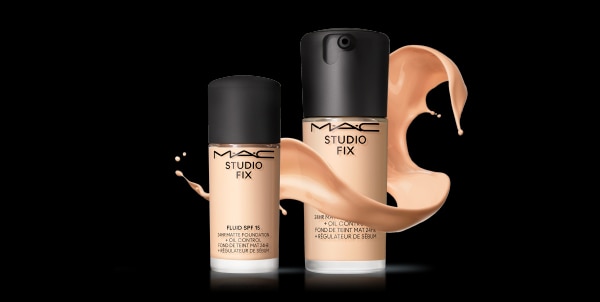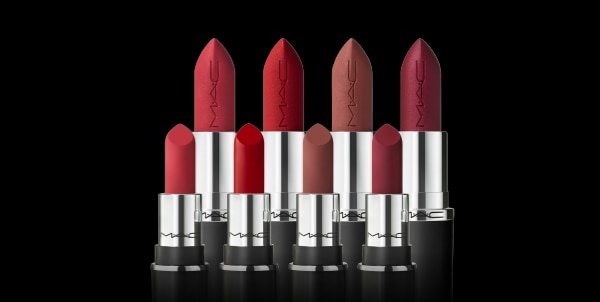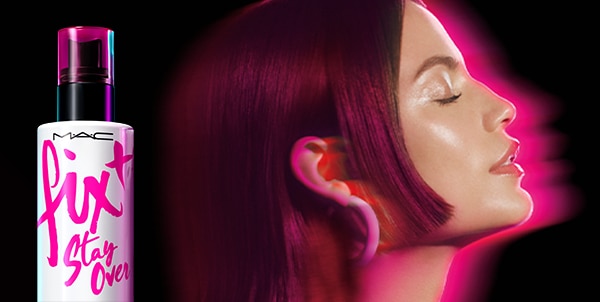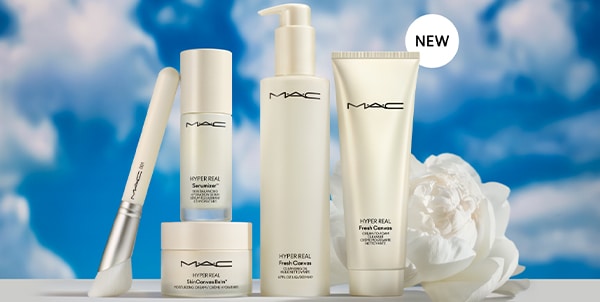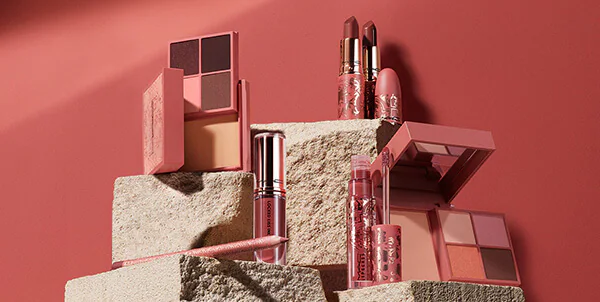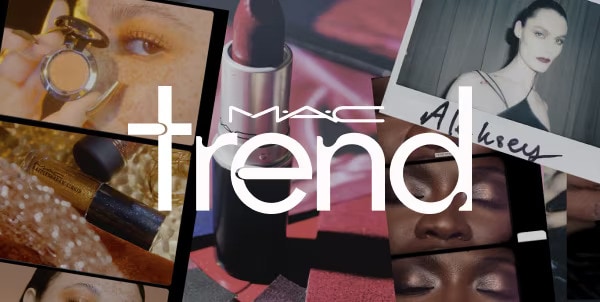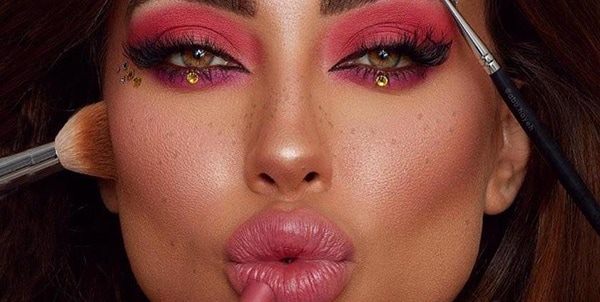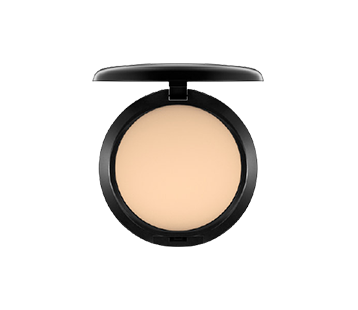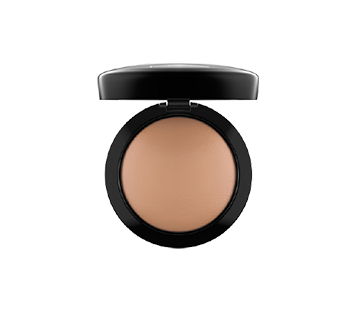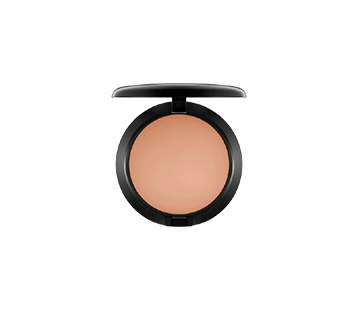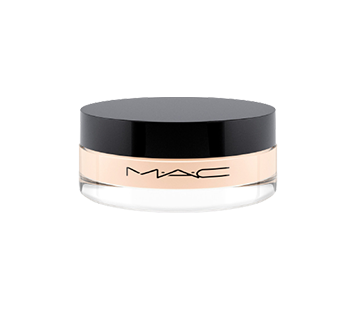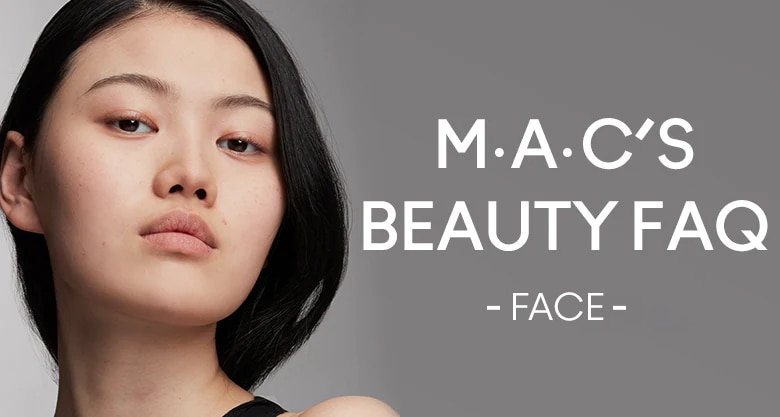
HOW TO APPLY BRONZING POWDER?
SELECT CAREFULLY YOUR MAKEUP PRODUCTS
Dry skin requires special consideration when selecting makeup products. It is one of the most difficult skin types and beauty challenges to make look flawless and healthy. The reason being, that healthy skin holds a lot of oil and moisture, dry skin holds little of both. Most people with dry skin will notice that most of their skin is dehydrated. You can see this easily when you apply foundation to the skin. Even more so when you apply, powder over foundation. The skin cells lift as you apply the foundation or powder, making unwanted texture that looks like small white balls. Dryness, however, tends to be in patches, rather than all over the face. These are usually in the areas where the wind and elements naturally hit the high plains of the face, causing skin damage and creased makeup. For example, the forehead, nose, cheekbones and chin. All of the places where we want a flawless finish from our makeup. People with dry skin, must think carefully about which powder to use for dry skin, if any at all.
WHAT YOUR SKIN ACTUALLY NEEDS?
First, the performance of your makeup all comes down to how we treat and feed our skin underneath. Diet has a huge impact on the skin, eating more rich oily foods like salmon and avocado can help to prevent the loss of fatty acids in the skin. The most important thing to consider is how dry am i? Is it moisture or is it oil? If you suffer with sore, red flaking patches it is necessary to visit your dermatologist. They can provide lipid-repairing, medicated creams that are only available on prescription. These types of products will treat the cause root of any extreme dryness. If most of your face feels tight after you wash but within a short time feels comfortable, this means you are dehydrated. Your skin needs moisture. You can fix this by drinking more water and by using a gel-based cleanser and moisturizer. These have the highest water content and are usually infused with lots of skin protecting and soothing extracts. They also make great formulas under makeup during the day. Always make sure you remove any makeup and cleanse your skin at night. A nighttime routine can be richer in ingredients to help solve the deeper issue of dehydration.
When you have the right skincare, overtime your skin should improve. For dry skin, it is best to reduce the layers of products applied. This helps to prevent any congealing of product around dry areas. If you would like to use a primer, a top tip is to use a setting spray, designed to prime at the same time as hydrate. Look for a formula without alcohol and full of nourishing ingredients like emollients, green tea and cucumber extracts. Spritz this all over the face, using a generous amount. Let it dry down before moving onto the next step.
WHAT ABOUT FOUNDATION?
Foundation should be light, hydrating, and smoothing. Try using lightweight, sheer coverage, water-based foundations with minimal silicone. Silicone based foundation will dry down and reveal any dry patches on the face. This can make your makeup look caked and your complexion dull. Other ingredients to avoid in foundation are high levels of mica (frost) and cream to powder technology. Instead look for soothing ingredients such as shea butter, Dimethicone, Ethylhexyl Hydroxystearate, Butylene Glycol. All of these ingredients are classed as emollients, which protect and smooth over dry skin, providing instant hydration. Hydronated polyisobutene holds water-based foundation ingredients together and acts as a lubricant. It gives an instant soft and smoother look and feel to the skin. Make sure you use a synthetic, flat headed foundation brush to apply the base. This will make sure that you can press on the liquid, rather than use paint strokes. When you press, rather than sweep you can reduce the lifting of the dry skin cells.
FOR DRY OR DEHYDRATED SKIN
For dry or dehyrdated skin, base with concealer, is usually enough. If you need to blot in specific places, like the t-zone area, use a lightweight powder over foundation. The options for powder are either a soft, translucent or a mineral based, lose or pressed powder. Both will be sheer enough not to spotlight any dryness while reducing shine. The mineral based formula will have conditioning agents that help to sooth and nourish the skin, rather than contribute to dryness. Avoid using a powder foundation, the pigment load and ingredients are more likely to accentuate your skin concern. For extra coverage before powdering, use a cream concealer in a tube. This texture is the most smoothing formula.
CHOOSE THE PERFECT BRUSH
When you have chosen your powder, it is important to consider the brush to use. The wrong brush fibre can undo all of the hard work of layering skincare and foundation in one swift swoop! All brushes that touch our face, should be soft and smooth with no stiffness or spiking. For dry skin, using a very soft brush that delivers minimal perfecting powder, will help to stop overloading the skin. These types fibres help to control the amount of product on the skin. A small brush will help to target only the t-zone area or forehead. Sometimes a hydrating foundation can give off too much shine in certain places. Any brush you use should be cleaned each week. Practicing these kinds of hygiene steps will help prevent breakouts and make your products last as long as possible.
TRY BEFORE BUYING AND CONSULT A MAKEUP ARTIST!
When you have a skin concern it is important to try product before you buy. This way you can get the best advice from a beauty consultant or makeup artist. They will help you layer the products in the best way to overcome any sign of dehydration or dryness.


